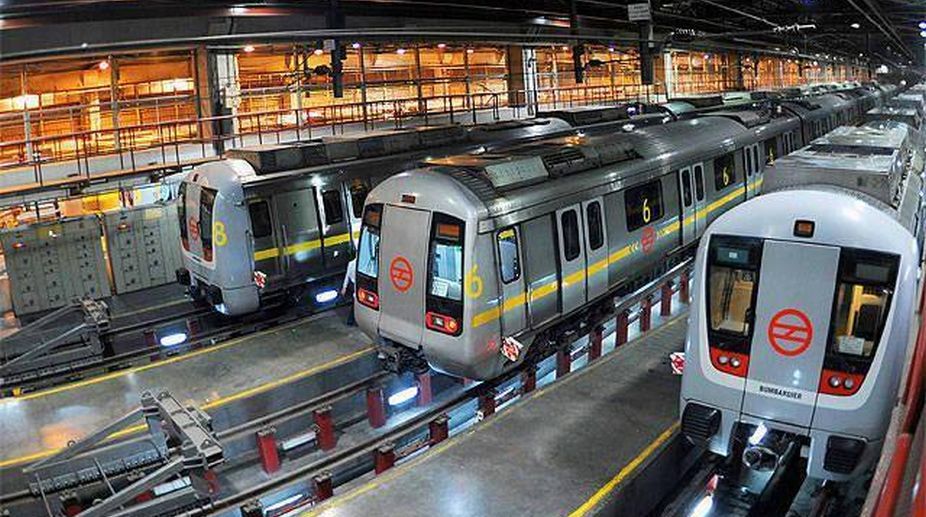The Delhi Metro fare hike , which came into effect from Tuesday, evoked sharply critical reactions from a large section of commuters, although some people also sought to justify it on the ground of the Metro trains network’s rising maintenance and operational costs.
Many commuters, however, took a dim view of the Metro fare hike, questioning the steep increase of fares while maintaining that they will feel the pinch as it will adversely affect their monthly budgets.
Advertisement
Riding on Metro now would mean an increase of Rs 10 in fares for all travels beyond 5 kilometres.The fare increase came barely five months after the last hike. The revised Metro fare structure from Tuesday are : Up to 2 kms ~ Rs 10, 2-5 kms ~ Rs 20, 5-12kms ~ Rs 30, 12-21 kms ~ Rs40, 21-32 kms ~ Rs 50, and for destinations beyond 32 kms ~ Rs 60.
Smart card users, who account for majority of Delhi Metro’s total ridership, will continue to get 10 per cent discount on each ride. They will get an additional discount of 10 per cent while commuting during off-peak hours from beginning of services till 8 a.m., between 12 p.m. and 5 p.m. and from 9 p.m. to end of services.
Deepak Chowdhary, who works with the YMCA and commutes between Mayur Vihar and Rajiv Chowk, said it was “unfair” to increase the Metro fare within a period of six months.
“It’s shocking that the fare is now almost twice. It is definitely going to affect my pocket till I get a salary increment which would only help me cope with this additional expense,” he said.
As scheduled, Delhi Metro brought into force on 10 October the second phase of its fare hike recommended by the Fourth Fare Fixation Committee (FFC). In May this year, the Metro had implemented the first phase of the FFC-recommended fare revision.
A resident of Tughlakabad, Mansi Bhadouria, who commutes to her office at Punjabi Bagh, said this was for her a 100 per cent fare increase over the past six months.
“In May, I used to pay only Rs 30, which after the first hike went up to Rs 50. And from today onwards I have to pay Rs 60. This would really stress me,” Bhadouria said, adding she might switch to her car since “the cost difference would not be much now”.
The critics of this fare hike have also charged that it might force a section of women commuters to use other modes of public transport like buses, which might not be as safe for
them as the Metro.
Several people, however, felt that Delhi Metro’s fare hike was necessary to enable it to provide world class services.
Such commuters living in areas such as Azadpur, Nangloi, Mansarovar Park and Vasundhara Enclave said they would not mind paying extra if the Metro improves its services and upgrades its facilities and amenities, which, they added, should include “last-mile connectivity through feeder buses, better integration with buses ~ and women safety, especially during late night hours”.
Some of them hoped that the revenue generated from the revised fares would be used by the Metro to address its recurring technical glitches while ensuring a reduction in the waiting time for boarding the trains.











